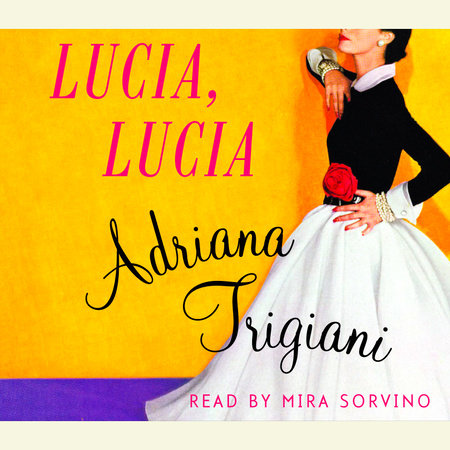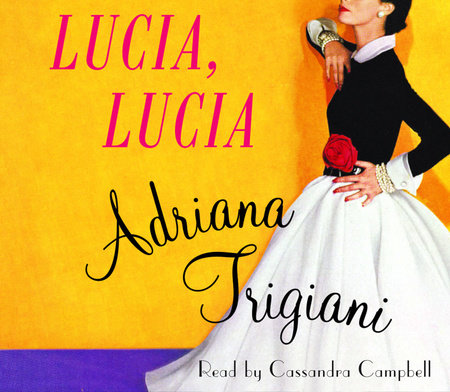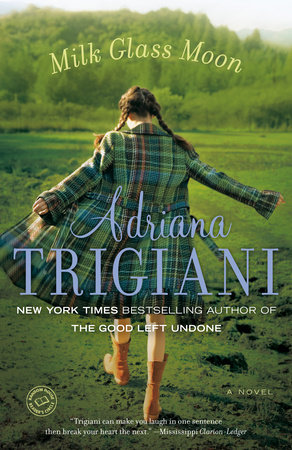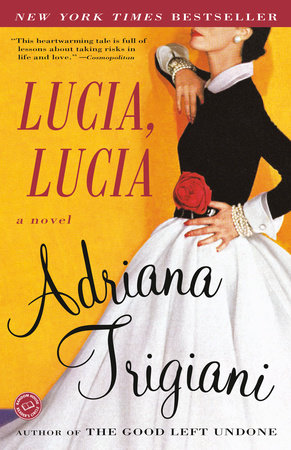

Lucia, Lucia
By Adriana Trigiani
By Adriana Trigiani
By Adriana Trigiani
By Adriana Trigiani
By Adriana Trigiani
Read by Mira Sorvino
By Adriana Trigiani
Read by Mira Sorvino
By Adriana Trigiani
Read by Cassandra Campbell
By Adriana Trigiani
Read by Cassandra Campbell
Category: Women's Fiction
Category: Women's Fiction
Category: Women's Fiction | Audiobooks
Category: Women's Fiction | Audiobooks

-
$18.00
Jun 29, 2004 | ISBN 9780812967791
-
Jul 08, 2003 | ISBN 9781588362872
-
Jul 08, 2003 | ISBN 9780739303658
332 Minutes
-
Apr 10, 2003 | ISBN 9780736698276
581 Minutes
Buy the Audiobook Download:
YOU MAY ALSO LIKE
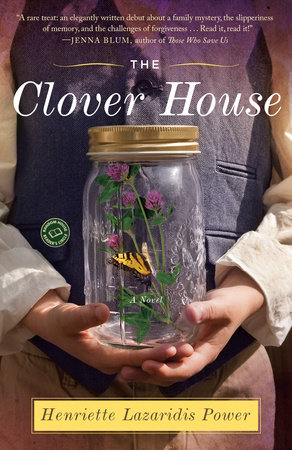
The Clover House
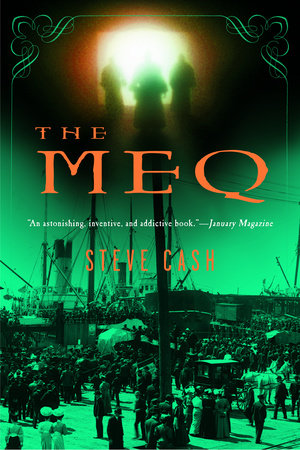
The Meq
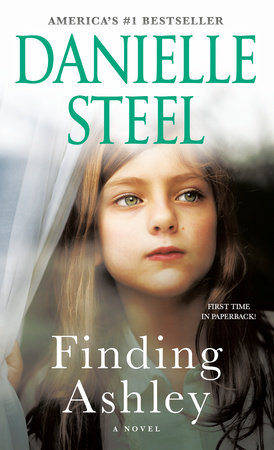
Finding Ashley
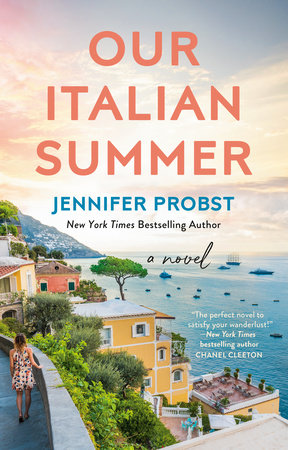
Our Italian Summer
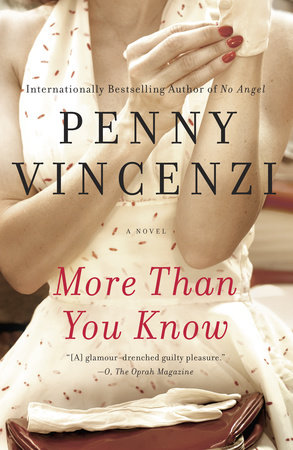
More Than You Know
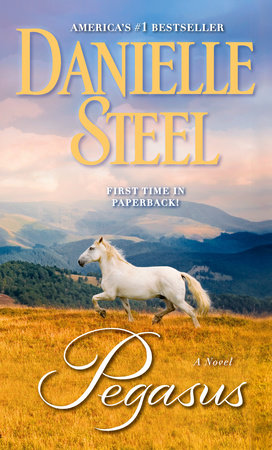
Pegasus
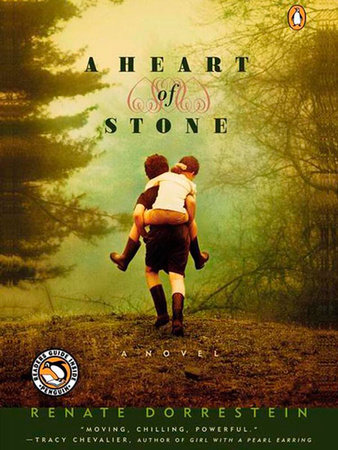
A Heart of Stone
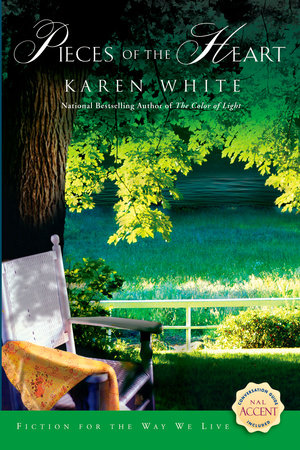
Pieces of the Heart
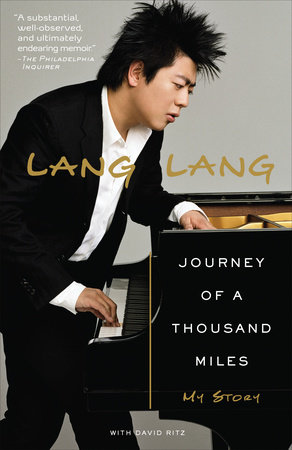
Journey of a Thousand Miles
Praise
“Trigiani’s writing is as dazzling as Lucia’s dresses.”—USA Today (Book Club Pick)
“Compelling . . . a breezy read.”—Entertainment Weekly
“[Trigiani] writes with commanding authenticity about Italian American life, the landscape of Italy, and New York City. . . . Lucia, her Italian family, her ambitious girlfriends, her colorful boss, and her mysterious lover are colorful, poignant characters, representative of another time, yet as real as today. . . . Trigiani has proved she is a multifaceted writer whose name and stories will be celebrated for years to come.”—Richmond Times-Dispatch
“Adriana Trigiani’s enchanting new novel will find a warm welcome from every reader who has encountered a fork in the road to love and taken the more perilous path. . . . [A] testament to the power of familial love and friendship . . . Perhaps [this] is Trigiani’s greatest gift to her reader: the recognition that devotion, loyalty, and forgiveness will ultimately win the day.”—BookPage
“Trigiani creates a compelling story, artfully uniting a snapshot of the past with the present. This bittersweet novel should have broad appeal.”—Library Journal
“Filled to bursting with gorgeous clothes, sumptuous meals, beautiful weather, and the rhapsody of New York City.”—Kirkus Reviews
“You’ll find yourself lost in an Audrey Hepburn movie that was never made.”—CNN Business
“Delightful . . . Trigiani has artfully woven a wonderful, engaging story that blends the past with the present. Her characters are richly appealing, from [Lucia’s] four overprotective brothers to her quickwitted best friend.”—Review Appeal
“[A] heartfelt depiction of homespun characters whose emotions are always very close to the surface . . . Trigiani offers an inviting picture of Italian family life as well as a finely detailed appreciation of Old World craftsmanship.”—Booklist
“[A] bustling, sparkling 1950s New York City . . . Trigiani does a wonderful job evoking Lucia’s beloved, homey Greenwich Village and the couture-clad Upper East Side. Vivid, too, are the descriptions of Italian cooking and feasting, and the Sartoris’ storybook hometown in the old country.”—Boston Herald
“This is your perfect summer read. Trust us. Put a good reading light on in your backyard . . . and read your little heart out, deep into the night.”—Voice Ledger
“Poignant and feeling . . . Readers will laugh with and weep for Lucia and her lost dreams.”—Publishers Weekly
21 Books You’ve Been Meaning to Read
Just for joining you’ll get personalized recommendations on your dashboard daily and features only for members.
Find Out More Join Now Sign In







